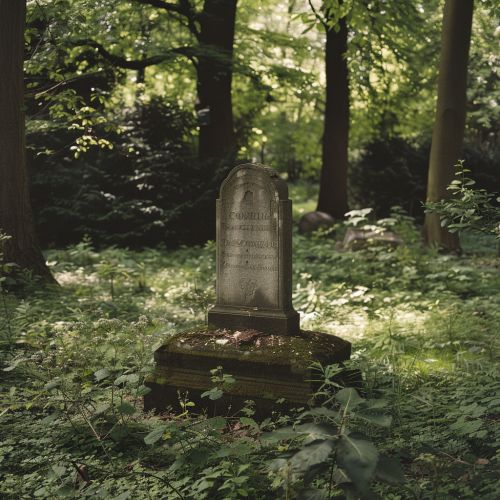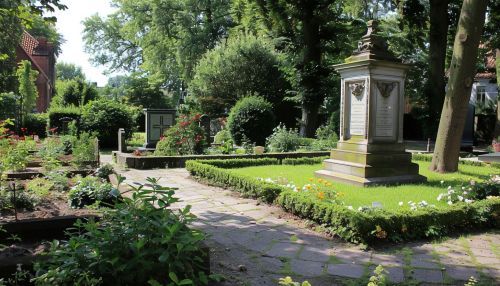Hans Cornelius
Early life and education
Hans Cornelius was born in Coburg, Germany, on December 30, 1863. He was the son of a Lutheran pastor and showed an early interest in philosophy. He studied at the Universities of Jena and Leipzig, where he was influenced by the Neo-Kantian movement.


Career and contributions to philosophy
Cornelius began his academic career as a private lecturer at the University of Leipzig in 1892. He later became a professor at the University of Munich, where he spent the majority of his career. Cornelius is best known for his work in phenomenology and his development of a philosophical approach known as "critical phenomenology".
His work was largely a response to the philosophical ideas of Kant and Husserl. Cornelius argued that phenomenology should not be purely descriptive, but should also incorporate a critical element. He believed that the subjective experiences of individuals could provide valuable insights into the nature of reality.
Cornelius' critical phenomenology was influential in the development of existential phenomenology, a movement that would later be associated with philosophers such as Heidegger and Sartre.
Major works
One of Cornelius' most significant works is "Einleitung in die Philosophie" (Introduction to Philosophy), published in 1900. In this book, Cornelius outlines his approach to phenomenology and provides a critique of Kant's philosophy.
Another notable work is "Die philosophischen Grundlagen der Kunstgeschichte" (The Philosophical Foundations of Art History), published in 1913. In this book, Cornelius explores the relationship between philosophy and art history, arguing that a philosophical understanding of art can provide insights into the nature of human experience.
Later life and legacy
Cornelius retired from the University of Munich in 1932. He continued to write and publish philosophical works until his death in 1947. His contributions to phenomenology and his critique of Kantian philosophy have had a lasting impact on the field of philosophy.


